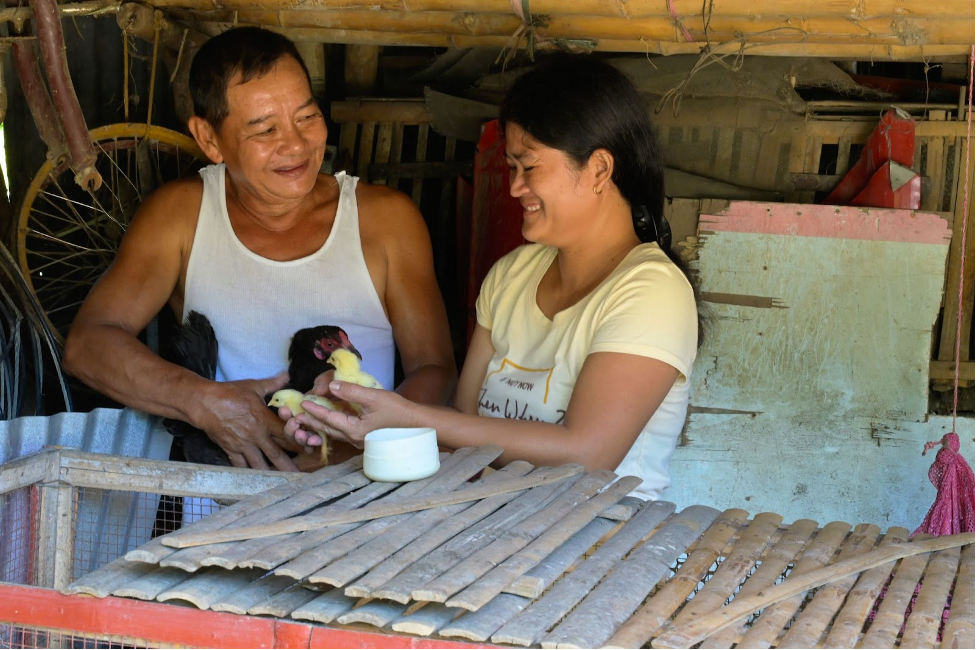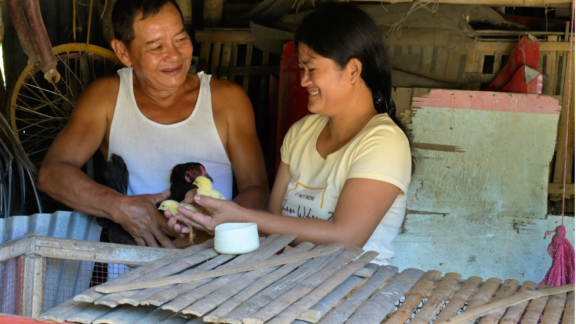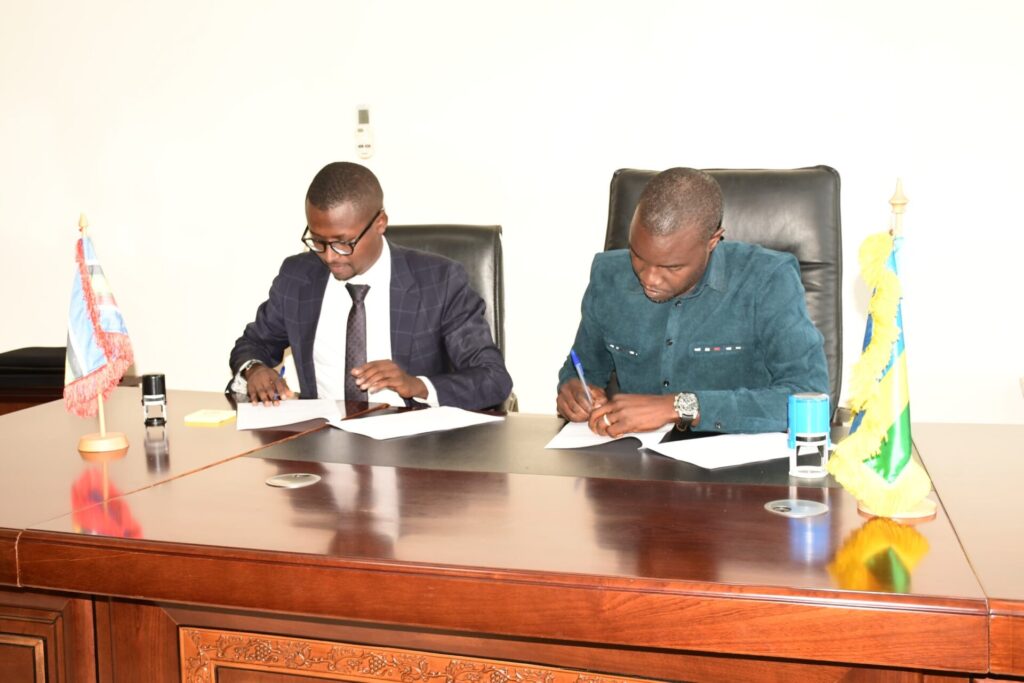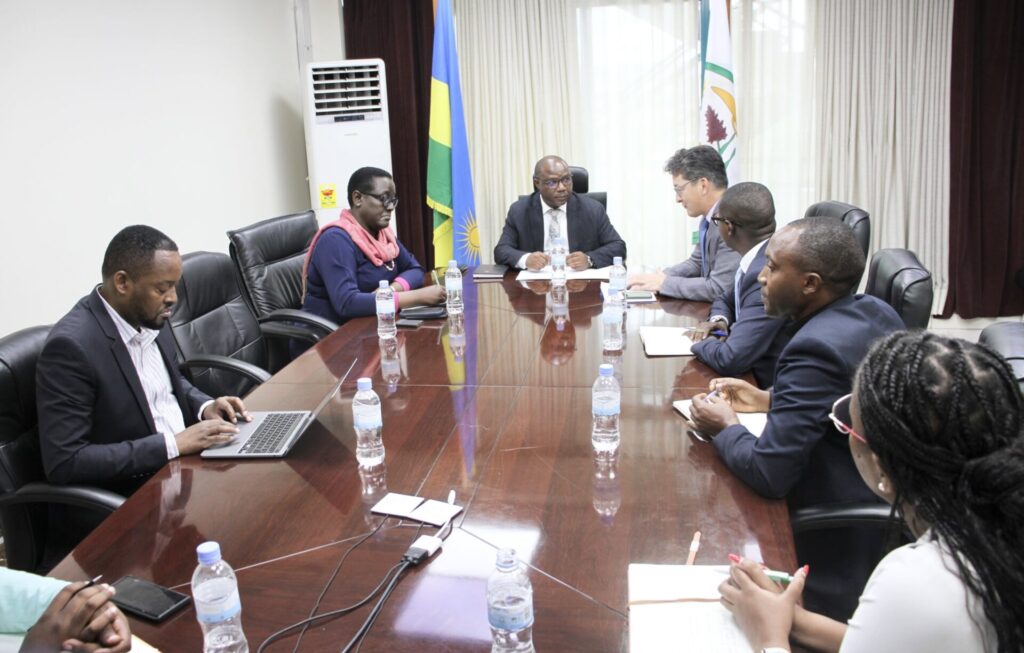By Marlowe Popes, Senior Field Manager, BRAC UPGI Philippines | Courtney Calardo, Head of Communications, BRAC UPGI | Rasha Natour, Head of Policy, BRAC UPGI
The Asian Development Bank (ADB) plays a pivotal role in addressing the region’s most pressing issues by supporting evidence-backed, holistic programs that drive inclusive growth and enable communities and households to thrive.
In their recent report “Highlight of ADB’s Cooperation with Civil Society Organizations 2022,” ADB stresses the importance of effective multisectoral collaboration and recognizes how civil society organizations (CSOs) meaningfully contribute to reducing poverty and other issues of inequality, including gender inequality and the climate crisis.
In their CSO report, ADB features the Graduation approach as an effective tool for building the resilience and capacities of people living in poverty, given it provides immediate support in addition to equipping them with the necessary skills, resources, and opportunities to achieve sustainable livelihoods long-term. The Graduation approach is a holistic approach that has the potential to create transformative and sustainable changes in the lives of households experiencing the deepest forms of poverty.
From 2021-2023, the Department of Social Welfare and Development (DSWD) in the Philippines partnered with ADB and BRAC on a Graduation program known as the Padayon Sustainable Livelihood Program for more than 2,700 households in Iloilo, Bukidnon, and Sultan Kudarat, three of the poorest provinces in the country. This project built on two existing government programs, the Sustainable Livelihood Program (SLP) and the Pantawid Pamilyang Pilipino Program (4Ps), with additional interventions providing access to available government services and resources to households, coupled with supportive coaching and mentorship as well as robust monitoring of household outcomes to empower participants to develop sustainable livelihoods. “This approach will ensure the sustainability of our Pantawid Pamilyang Pilipino Program participants – for them to become more self-sufficient sooner,” said Edmon Monteverde, Director, National Program Manager of the Sustainable Livelihood Program of DSWD.

Given the multidimensional nature of poverty, ADB and the Government of Philippines are exploring more comprehensive approaches like the Graduation approach, for cash transfers ‘address only a part of the poverty story.’ The report further highlights the importance of Government investment and integration of empirically proven approaches, like the Graduation approach, within or in addition to social protection and economic inclusion programs.
“Large numbers of poor families have benefited from the expansion of social protection systems in the region, especially from targeted social assistance. However, since cash transfers can address only a part of the poverty story, governments are becoming increasingly concerned in applying social protection to achieve economic inclusion. The Graduation approach aims to strengthen the resilience of poor and vulnerable populations to tackle the multifaceted challenges of poverty. Economic inclusion and social protection strategies through the Graduation approach are innovative and empirically proven ways to address poverty and reduce inequality, which is a key operational priority of ADB Strategy 2030.”
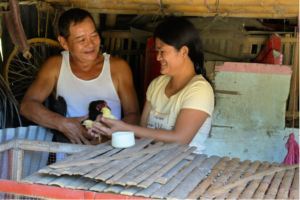
In order to accelerate progress towards the Sustainable Development Goals (SDGs), particularly SDG1 – eliminate all forms of poverty – governments should integrate proven, holistic approaches for people living in extreme poverty. ADB notes the increasing adoption of the Graduation approach by governments given the large body of evidence on the long-term impact and resilience for households in extreme poverty: “Governments are increasingly interested in using this approach to serve poor and vulnerable groups by building on existing government-led national programs (such as livelihoods and jobs programs, social safety nets, and financial inclusion programs) in response to the social and economic impacts of the COVID-19 pandemic, as well as in investing in long-term economic recovery.”
According to the World Bank’s Partnership for Economic Inclusion State of Economic Inclusion Report 2021: The Potential to Scale, more than 15 governments across Latin America, Africa, and Asia are estimated to have adopted core components of the Graduation approach. Among them include the Government of Bihar in India, which has reached over 150,000 households through its Graduation program as of early 2023, along with the Government of Rwanda under the Ministry of Local Governance, which recently launched a National Strategy for Sustainable Graduation to accelerate the reduction of poverty and extreme poverty.
BRAC’s Ultra-Poor Graduation Initiative (UPGI) is committed to partnering with governments and key stakeholders like ADB to support the integration of Graduation components into existing social protection and economic inclusion programs in order to end extreme poverty at a national and global scale. As featured throughout their CSO report and programs throughout the region that are designed to combat some of the most pressing issues, ADB encourages multisectoral collaboration – something BRAC is proud to be a part of and looking to further support as we work to scale Graduation through governments.

